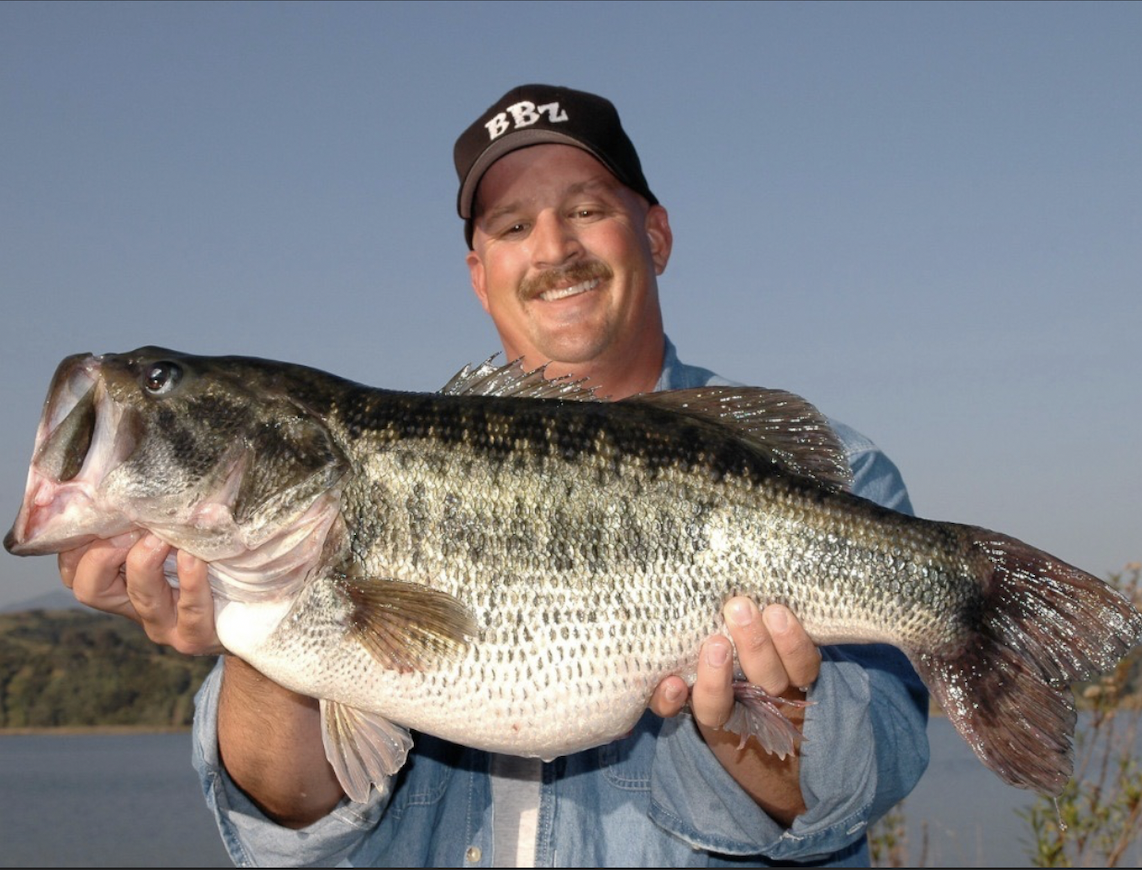THE FIRST BLUEFIN TUNA TAGGED IN UK WATERS
Bluefin tuna have been tagged with state-of-the-art acoustic tracking tags for the first time in UK waters.
The huge fish, which in UK waters can be up to 2.5m long, are commercially valuable and biologically fascinating.
The 7cm long tags send individually coded sound (acoustic) messages to listening stations moored on the seabed, allowing the team to record how long bluefin tuna are in UK waters each year.
The project team has attached acoustic tags to 30 bluefin tuna. The tags will also help the project team understand when the fish arrive, and how quickly they can make the journey across the Channel to France.
Dr. Lucy Hawkes, senior lecturer in ecology at the University of Exeter, is leading the bluefin tagging work. She said:
“We typically see bluefin tuna in waters around the south-west UK in the summer and autumn months, but do not know if we are seeing the same fish every year, nor the same fish all summer. For the first time we will be able to tell, with the acoustic tracking tags sending data for up to five years.”
The team have already heard 81 messages from the tags across five listening stations in south-west UK, including one fish several times.
This work is part of the FISH INTEL project, funded by the EU’s Interreg France (Channel) England program, which is establishing a network of acoustic receivers on both sides of the Channel.
The research will assist authorities across the Channel region to implement Ecosystem Based Fisheries Management (EBFM) programs with the aim of enhancing the condition and water quality of these habitats, as well as enabling human activities—such as fishing, civil engineering projects and extract industries—to function in a sustainable way.
The project lead for FISH INTEL, Dr. Emma Sheehan, said:
“Bluefin tuna are sentinels of healthy ecosystems, and travel between waters that provide them with food and clean conditions. Developing a clear understanding of their movements will help us not only pinpoint those habitats, but also implement measures to preserve and protect them in the future.”
The team will continue to collect data from the tagged fish until 2026, and will gain the most comprehensive understanding of the importance of UK waters to bluefin tuna to date.

